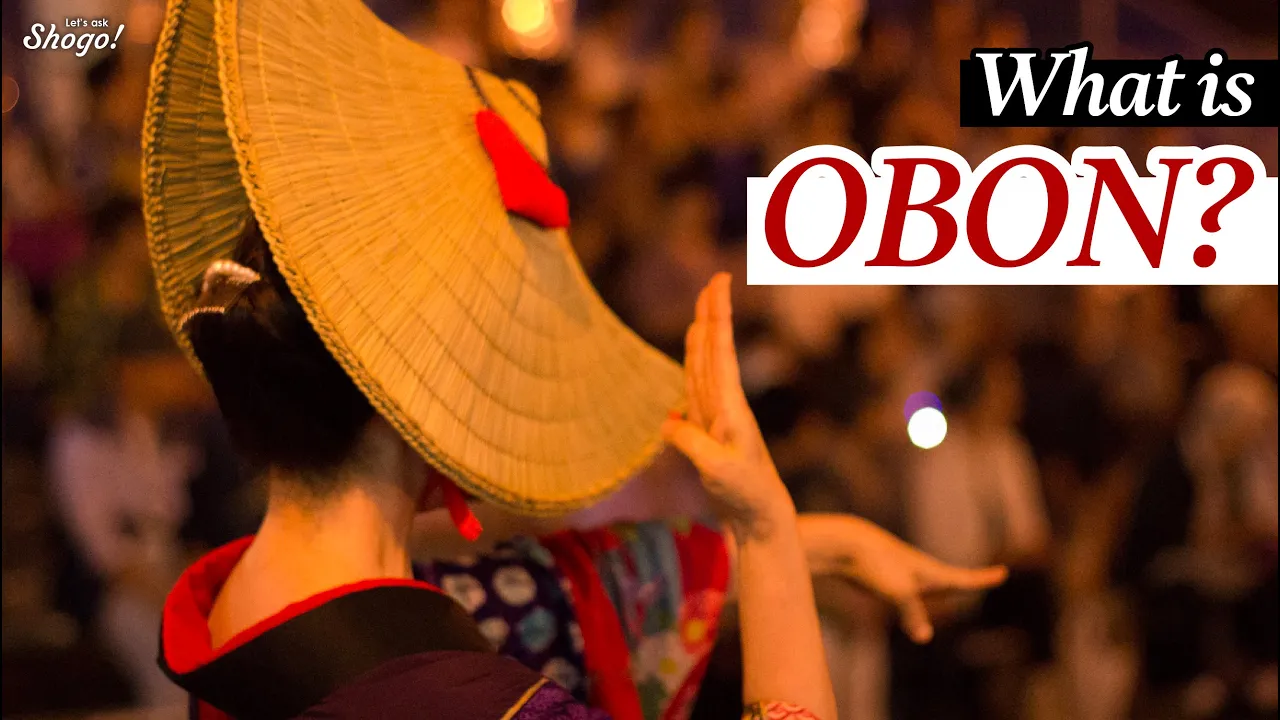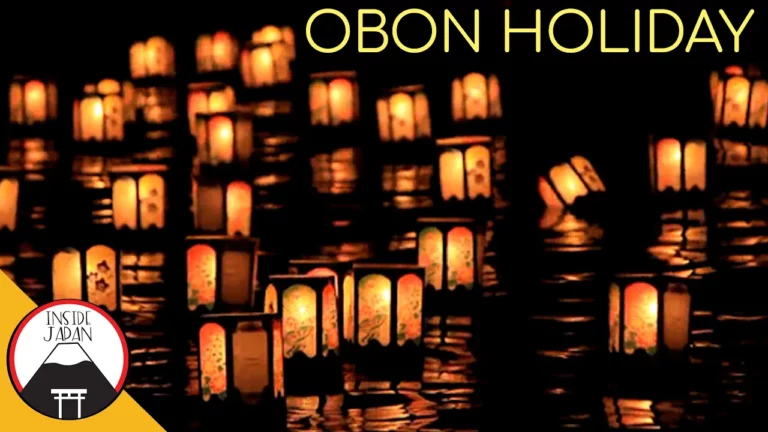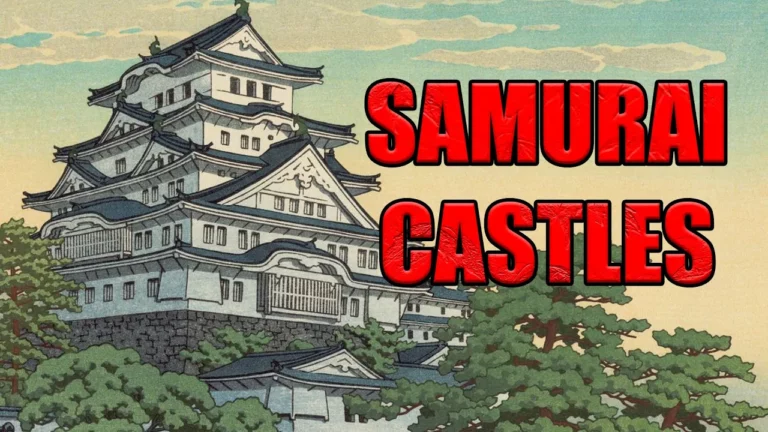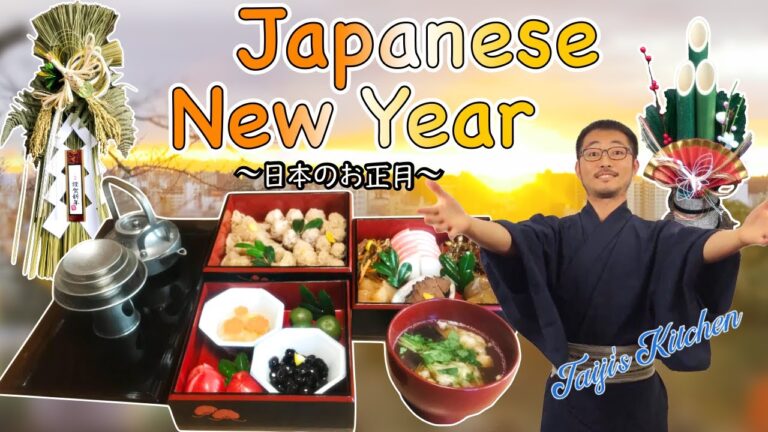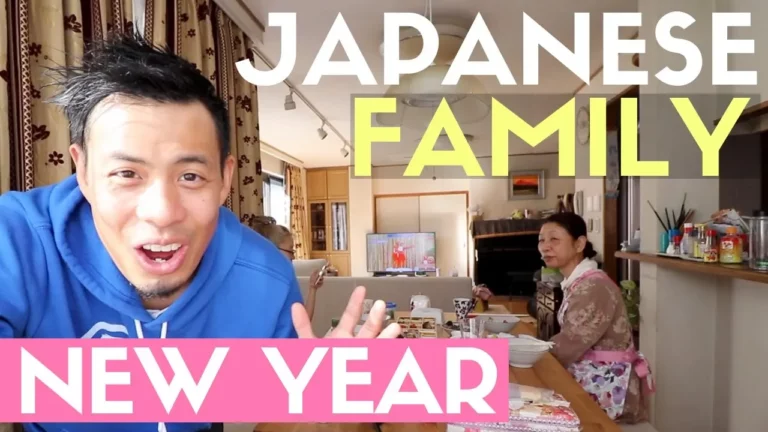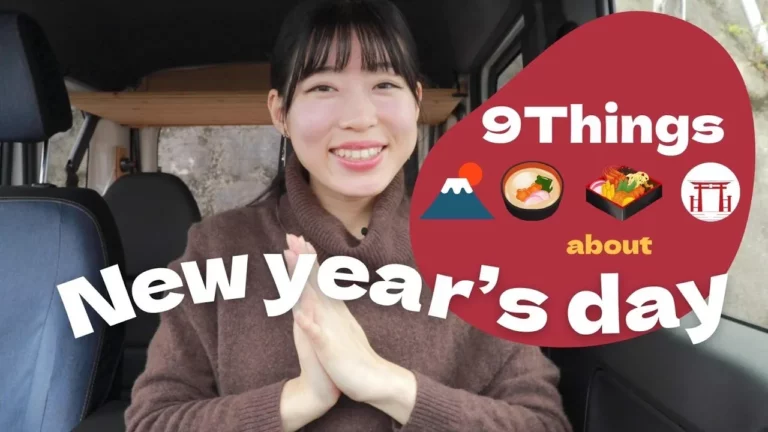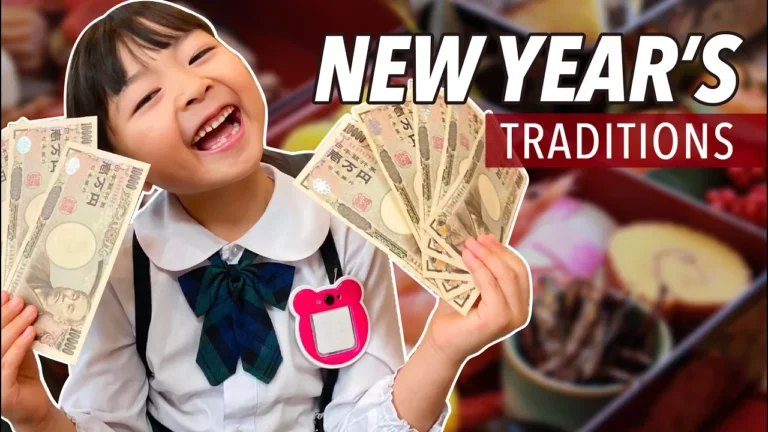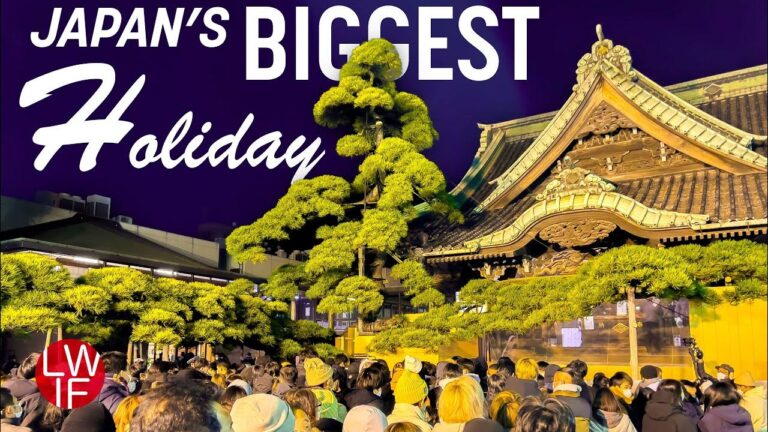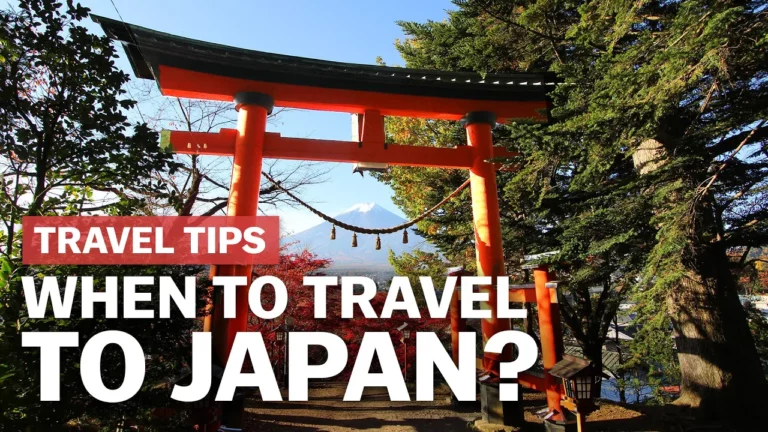The Obon festival in Japan holds immense cultural significance, serving as a time for families to honor their ancestors who have returned from the heavens to this world. Understanding the history and customs of Obon sheds light on the deep-rooted traditions of Japanese society.
Dating back to the year 606, the Obon festival saw its first celebration by Empress Suiko, primarily attended by aristocrats, monks, and samurai. Over time, the festival expanded to include commoners, particularly during the Edo period when access to candles became more widespread. Today, Obon is celebrated from August 13 to 16 in most parts of Japan, with some regions observing it a month earlier due to varying historical and practical reasons.
The festival involves various customs, such as setting bonfires to guide ancestors’ souls, offering food and incense on special shelves, and engaging in traditional dances like bon-odori. These rituals symbolize the welcoming and sending off of spirits, with each gesture holding specific meanings and cultural significance.
For tourists visiting Japan during the Obon season, there are unique opportunities to immerse themselves in this rich cultural experience. Participating in summer festivals where locals don traditional attire, savor street food, and witness vibrant performances can offer a glimpse into Japan’s festive spirit. Additionally, witnessing special ceremonies like the gozan-okuribi in Kyoto, where bonfires are lit on five mountains, or joining the lively shōrō-nagashi in Nagasaki, can provide a deeper appreciation for the festival’s traditions.
As the festival continues to evolve, with a shift towards a more holiday-oriented celebration for many Japanese individuals, the essence of Obon as a time of remembrance and community remains integral. Preserving these traditional celebrations not only honors ancestors but also enriches Japan’s cultural tapestry for generations to come.
In conclusion, the Obon festival stands as a testament to Japan’s rich heritage and serves as a poignant reminder of the enduring connection between past and present generations. Embracing the customs and festivities of Obon offers a unique opportunity to witness the beauty and depth of Japanese culture firsthand.
Remember, tradition and celebration go hand in hand during Obon, creating a harmonious blend of reverence and festivity that defines this important time in Japan’s cultural calendar.
